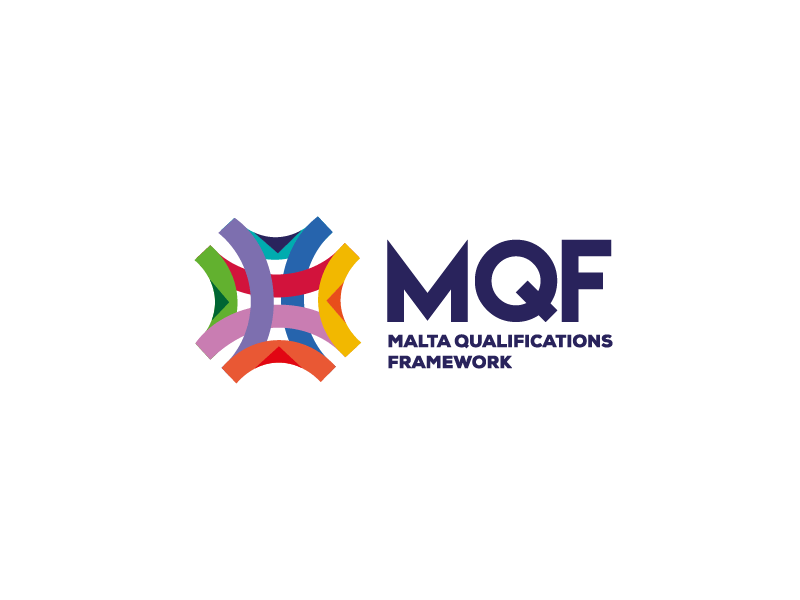Table of Contents
Our Foundation Degree in Accountancy and Finance gives the learner the ability to implement and understand fundamental accounting management skills and effectively manage financial teams and businesses. This course delves into the knowledge and skills in understanding and applying the theoretical framework and accounting standards in the preparation of financial statements and will introduce learners to the basic principles of auditing and its role in the world of accounting and finance.
Learners will learn how to:
- Monitor the interactions between business, key stakeholders and the external environment.
- Ensure understanding of the macroeconomic themes and their relevance to the business world.
- Support organisational management in planning, controlling, and monitoring performance in a variety of business contexts.
- Apply cost accounting techniques to assist informative decision-making.
- Monitor laws governing the formation and constitution of organisations, including financing types and insolvency laws.
- Identify the various aspects and sources of the legal system insofar as they impact the field of accountancy and finance.
- Interpret financial statements taking into consideration financial performance, financial position, and cash flows.
- Account for transactions in accordance with international accounting standards.
- Prepare financial statements for single entities and business combinations.
- Manage information derived from financial audits effectively and monitor the outcome of financial audits and audit reports accurately.
- Monitor the role of internal and external stakeholders when it comes to corporate governance and corporate social responsibility.
- Comply with the standards of corporate governance.
By the end of this programme, learners will be eligible to advance their studies by pursuing a BSc in Accountancy and Finance.
Awarding Body
Accrediting Body

This qualification is accredited by the Malta Further and Higher Education Authority. MFHEA deems this Foundation Degree in Accountancy and Finance to be at Level 5 in the Malta Qualifications Framework and the European Qualifications Framework for lifelong learning.
Entry Requirements
Applicants should hold:
- A Matriculation certificate with an Intermediate Pass in Pure Mathematics and Advanced Pass in Accountancy, or equivalent. OR;
- A recognised MQF Level 4 full qualification in Accountancy and Finance AND
- Learners should be in possession of suitable English qualifications such as IELTS 6.0 or CEFR, or equivalent.
Mode of Assessment
This course implements various methods and techniques of assessment, including examinations, assignments and presentations.
Who is this course for?
This course is intended for those who are aged 21+ and aspire to boost their career in accountancy and finance.
Delivery
Face-to-faceLanguage
This programme will be delivered in English.
Tutor
Location
Central Mediterranean Business School
The Brewhouse
Mdina Road, Zone 2,
Central Business District
Birkirkara CBD 2010, Malta
Key Info
Duration
18 MonthsStarting
Oct 2024Credits
120 ECTS/ECVETEarly Submission (EU Students)
€6,727Full Price (EU Students)
€7,400International Price (Non-EU Students)
€9,200Early Submission (EU Students)
€6,727Modules
This module aims at introducing learners, especially those who are not familiar with the business environment, to organisations, which are made up of various systems and people interacting with one another on a continuous basis. Primarily, it will introduce learners to various organisation types, their stakeholders, the competition within which they operate, their functions and structure amongst others. This will serve as preparation for upcoming modules which will make reference to organisations.
The module introduces students to the economic environment that impacts the three key financial management decisions of investing, financing and dividend policy. Students will also be introduced to the use of macroeconomic applications to address real-world issues in current economic policy.
This module intends to give participants a thorough understanding of the fundamental principles and techniques of management accounting. These principles and techniques are used in business to support informative planning, control and decision-making.
This module specifically covers various laws and regulations which directly and indirectly impact the field of accountancy and finance. These laws and regulations include employment law and the legal framework relating to the establishment and operation of a business.
This module introduces students to the fundamental principles and practices of financial accounting. It first covers accounting techniques and focuses on the recording, processing and reporting of business transactions and events. The module then requires students to prepare financial statements and perform a high-level analysis of these financial statements. It also covers the preparation of simple consolidated financial statements from the individual financial statements of group incorporated entities.
This module aims to provide students with an understanding of, and the ability to, apply the tools and methodologies of business finance theory. It builds on the Management Accounting module to explore the financial decision-making processes of businesses.
This module elaborates on the content of the Management Accounting module and allows students to gain further insight into the measurement and management of performance within organisations.
This module elaborates on the content of the Management Accounting module and allows students to gain further insight into the measurement and management of performance within organisations.
This module introduces learners to the basic principles of auditing and its role in the world of accounting and finance. It primarily covers a variety of areas related to auditing financial statements and allows them to learn about the need for internal and external audits.
This module focuses on the most important corporate governance legal issues arising worldwide and analyses the influence that these theories have exerted on society and the business community. The module focuses on the overall corporate governance debate and the various corporate governance solutions originating from it. The final part of the module deals with several scenarios in which the adoption of unethical corporate governance approaches led to the infringement of fundamental rights and produced adverse effects in the corporate world and broader society.
Have questions?
Email us at admissions@cmbs.edu.mt or call on +356 9912 1110 to learn more.






